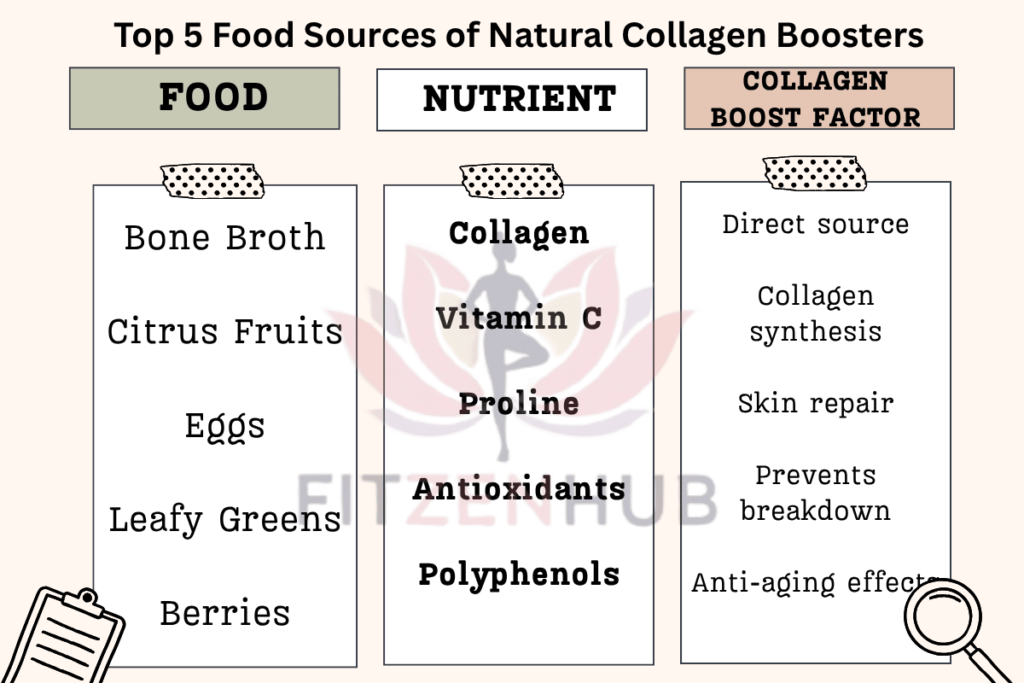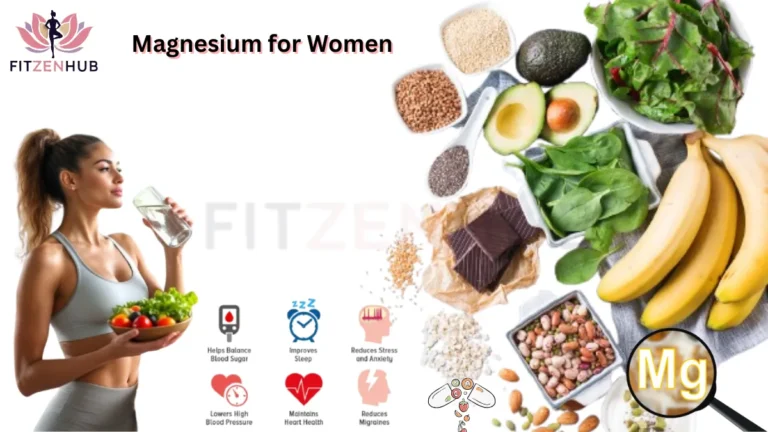Do Collagen Supplements Really Work for Women Over 30? Discover science-backed benefits, real user results, myths vs facts, and how collagen impacts your skin, joints & aging.
🪞 Introduction: What You See in the Mirror Isn’t Just Aging — It’s Collagen Decline
Have you noticed sagging skin, fine lines that deepen by the week, or joint aches that never used to be there? You’re not imagining it — and it’s not just aging. It’s the silent decline of collagen, the most abundant protein in your body, and a foundational element for youthful skin, strong joints, and healthy hair.
So, the million-dollar question:
Do collagen supplements actually work? Or are they just another wellness industry trend wrapped in pink packaging?
Let’s cut through the hype and dive into what science really says — and what real women have experienced.
🔍 What Is Collagen, and Why Does It Matter After 30?
Collagen is the protein that keeps your skin plump, your joints cushioned, and your hair and nails strong. Think of it as the “scaffolding” that holds everything together.
But after age 25–30, your natural collagen production drops by 1% each year. By the time you’re 40, your body could be producing 25% less collagen, leading to:
- Visible signs of aging (wrinkles, dullness, sagging)
- Joint pain or stiffness
- Weak nails and hair thinning
- Slower muscle recovery
👉 This is why collagen supplements have exploded in popularity — but not all products (or results) are created equal.

🧪 What Is Collagen, and Why Does It Matter After 30?
Recent research gives collagen a surprising green light — if taken the right way.
1. Improved Skin Elasticity & Hydration
- A 2020 meta-analysis found that oral collagen supplements significantly improved skin elasticity, hydration, and roughness in women aged 30–60 after just 8–12 weeks.
- Most effective: hydrolyzed collagen peptides, which are broken down for better absorption.
2. Joint Pain Relief
- Athletes and older adults who took collagen reported less joint pain and better mobility, especially when paired with vitamin C.
3. Stronger Hair & Nails
- While less studied, many women report stronger nails and less hair breakage after 2–3 months of consistent collagen intake.
📌 Takeaway: It’s not magic. But clinical doses (5–10g/day) taken consistently can rebuild internal stores and improve visible signs over time.
🧬 Types of Collagen You Need (And Which Ones to Ignore)
There are 28 types of collagen, but only three matter most for your results:
| Collagen Type | Function | Best Source |
|---|---|---|
| Type I | Skin, bones, tendons | Marine collagen |
| Type II | Joints, cartilage | Chicken sternal cartilage |
| Type III | Organs, skin elasticity | Bovine collagen |
💡 Pro Tip: Look for blends of Type I + III for skin, and Type II for joints. Don’t just grab anything labeled “collagen.”
🥄 How to Take Collagen for Maximum Results
✔️ Dose:
5–10 grams/day for 8–12 weeks minimum
✔️ Timing:
Morning or post-workout, ideally with vitamin C (which boosts collagen synthesis)
✔️ Form:
- Powder: Most popular, mix in coffee/smoothies
- Capsules: Easier, but lower doses
- Liquid: Fast absorption, but more expensive
✔️ Key Add-ons to Look For:
- Vitamin C
- Hyaluronic Acid
- Biotin (for hair & nails)
🚫 Avoid: Collagen with added sugars, artificial flavors, or underdosed blends.
🪞 Mirror Test: Is Your Collagen Secretly Ditching You?
1. Your cheekbones used to snap — now they sag 🥲
2. Smile lines? More like full-face GPS 🗺️
3. Skin bounce? It’s on a permanent vacation 🏖️
4. Necklines deeper than your thoughts 😳
5. You frown — and it stays for a while 😐
🎉 Your Collagen Confidence Score: 0%
Hmm… looks like your collagen is filing for early retirement 😬
Time to call in the peptide reinforcements!
💖 You’re not alone — millions of women feel this too!
🧏♀️ What Real Women Are Saying After 90 Days
“I noticed my laugh lines fading and my nails stopped chipping!”
– Lindsay, 38
“After 6 weeks, my knees felt less creaky during yoga. I’m a believer.”
– Morgan, 42
“Skin looked brighter, and people started commenting. It’s not instant, but it builds up.”
– Amara, 35
💬 These are real women — not models or influencers. The key difference? Consistency and using high-quality collagen.
❓ Still Wondering: Is It Worth It for You?
Ask yourself:
- Do you have early signs of aging?
- Are your joints making daily movement harder?
- Are your nails or hair weaker than they used to be?
If you said “yes” to any of these — then yes, collagen might be one of the simplest daily habits you can adopt for better aging.
🧭 Collagen Works, But Only If You Use It Smartly
Collagen supplements aren’t overnight miracles — but science backs their value, especially for women over 30.
The trick is to:
- Choose clinically backed types (Type I, II, III)
- Take consistent, therapeutic doses
- Pair with supporting nutrients like vitamin C
🌱 Think of collagen like a long-term investment in how you look, move, and feel.
🔥 Ready to Try Collagen? Here's Your 3-Point Starter Plan:
- Pick a Trusted Brand — Look for hydrolyzed collagen with Type I & III
- Add Vitamin C — Either naturally (like lemon water) or in your supplement
- Stick with It for 90 Days — Results build gradually
💊 Collagen Dosage Calculator
Read More: Do Women Really Need Collagen Supplements?
📚 Sources:
- Harvard Health Publishing – Collagen: What it is and what it does
- Journal of Cosmetic Dermatology – Effects of Collagen Supplementation on Skin Aging
- National Institutes of Health (NIH) – Dietary Supplements for Skin Health
- Cleveland Clinic – Collagen Supplements: Benefits and Risks
💭 Final Thoughts
For women over 30, collagen isn’t just a beauty trend — it’s a science-backed support system for aging gracefully. From firmer skin and shinier hair to improved gut and joint health, collagen can be your wellness ally when used consistently and paired with a balanced lifestyle. Choose high-quality supplements, stay hydrated, and watch your body thank you in the mirror and beyond.
❓ FAQs
Q1: At what age should women start taking collagen supplements?
👉 Most experts recommend starting in your late 20s or early 30s as natural collagen production starts declining.
Q2: How long does it take to see results from collagen supplements?
👉 Studies suggest noticeable improvements in skin elasticity and hydration within 4–8 weeks of regular use.
Q3: Are there side effects of taking collagen?
👉 Collagen is generally safe. Some users may experience mild digestive discomfort. Always choose a high-quality, clean-label product.
Q4: Is collagen better in powder, pills, or gummies?
👉 It depends on personal preference. Hydrolyzed collagen peptides in powder or liquid are usually more bioavailable.
Q5: Can collagen help with weight loss or bloating?
👉 Indirectly, yes. Improved gut health and joint support may help you feel lighter and move more easily.







